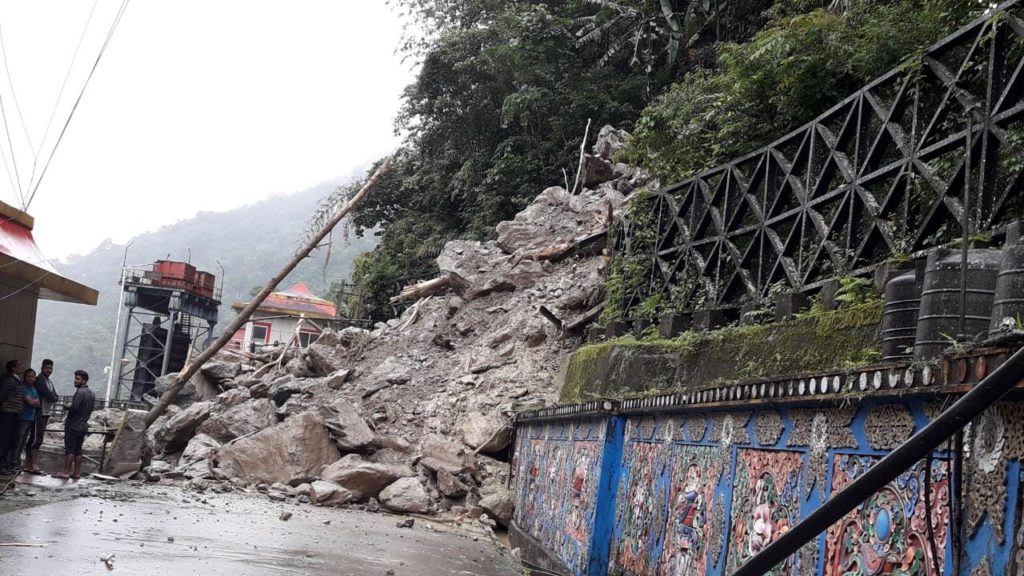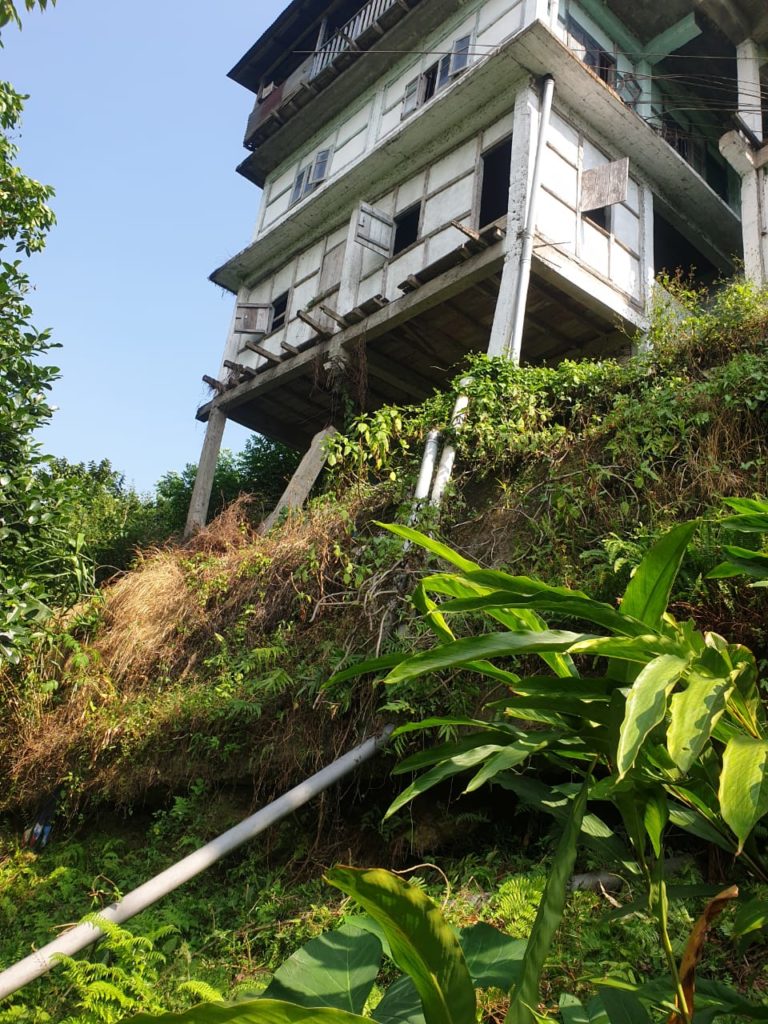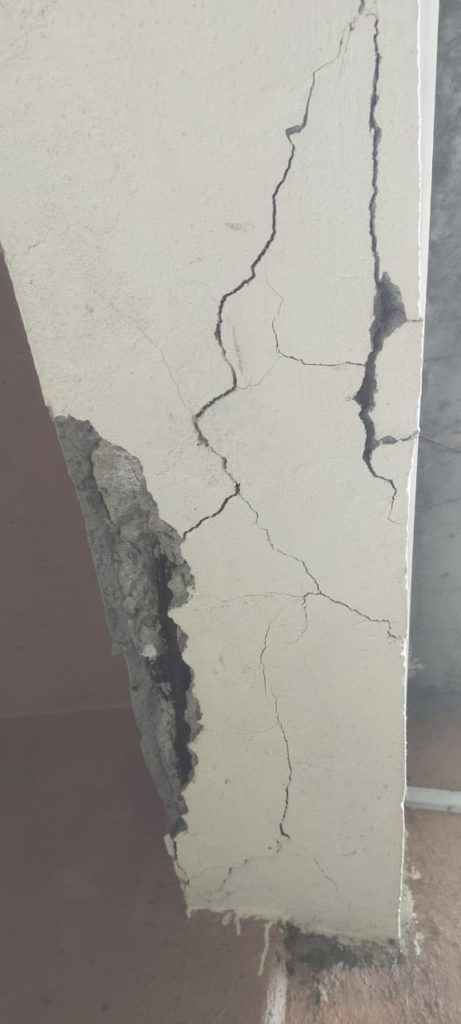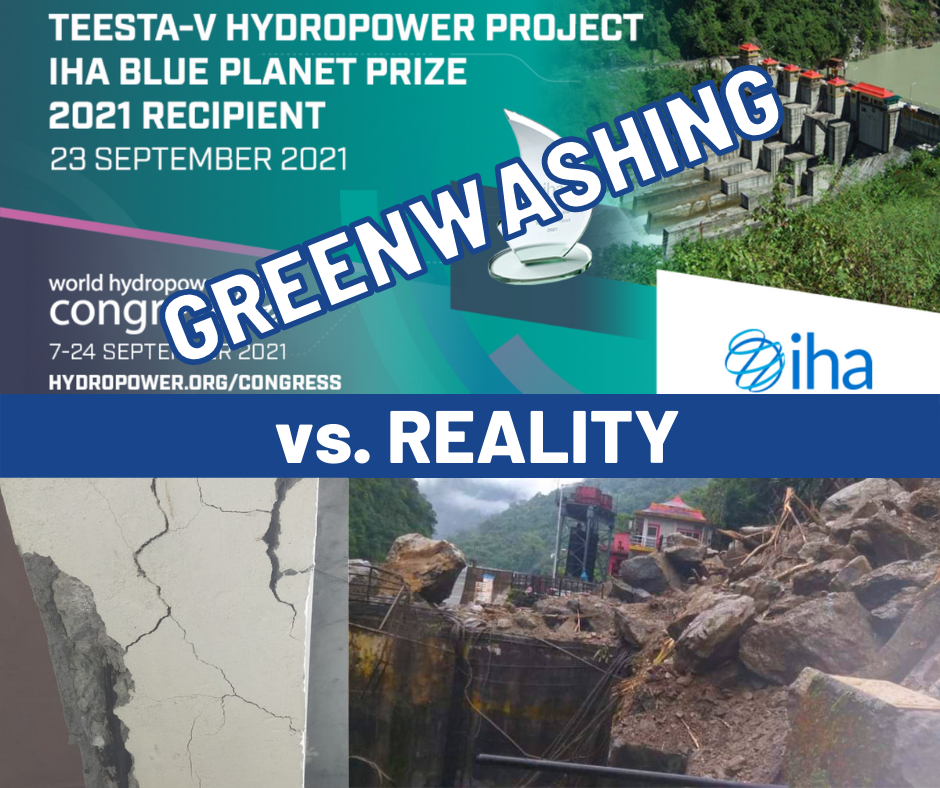Yesterday, during its biennial World Hydropower Congress, the International Hydropower Association (IHA) awarded its “Blue Planet” prize for sustainability to the Teesta-V hydropower project in India, noting it “met or exceeded” good practice in its assessment against the IHA’s own sustainability tools. International Rivers responded that Teesta-V is a highly problematic project that has engendered vocal opposition among locally affected communities. (Read: the response from local leaders impacted by Teesta V: Why Sikkimese Folk should protest against the IHA Award for the NHPC Teesta Stage V? and local media coverage, Sikkim: ACT Condemns IHA’s ‘Blue Planet’ Award For Teesta-V Hydropower Project.
“It is quite surprising how such an award has been given to Teesta V despite many malpractices and administrative atrocities. Sinking land leading to massive landslides, unpaid compensation, loss of migratory fish species, cracked homes are just a few of the problems communities are still dealing with. None of our issues have been addressed even after raising them multiple times. To see NHPC awarded a prize is a joke.” -said Naresh Chettri from Jang village above the Teesta V reservoir.

Last year, in June of 2020, a major landslide at the dam site caused the dam operator’s office itself to be washed away, huge boulders and other fallen rocks blocked roads and cut off access of local people to the main roads and towns. This despite the IHA’s assessment of the project’s managing of landslide-related risks receiving its top rating for the prevention of safety risks.


Indeed, granting Teesta-V the award is a clear demonstration of how the IHA’s assessment tools and promises to deliver “sustainable hydropower” fail the test when it comes to real-world impacts. This comes at the end of the IHA’s Congress, a meeting where it was notable for its absence of community and indigenous voices that have borne the brunt of this sector’s impacts. The IHA instead used its platform to appeal for climate funds that can save the industry’s flagging fortunes. This is over the objections of 300 civil society organizations who this week called on decision-makers ahead of COP-26 to resist these efforts by the hydropower industry in favor of true energy and climate solutions.

